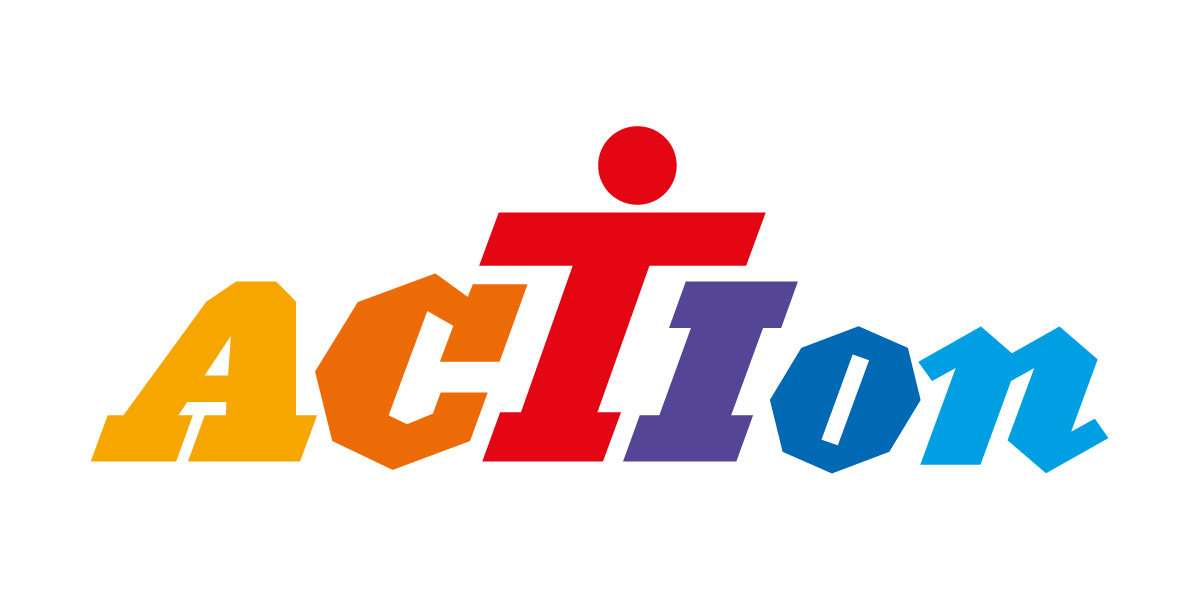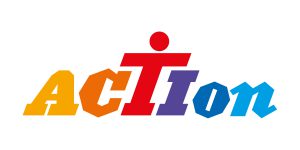
31 Jan ACTIon live of Facebook
31 Jan, 2022
 On 27th January ACTIon partners organised the first public event of the project as a live Facebook event hosted by our Greek partner https://www.facebook.com/ActionSynergySA. For those who missed it, don’t worry – the recording is already available on Action Synergy’s Facebook page.
On 27th January ACTIon partners organised the first public event of the project as a live Facebook event hosted by our Greek partner https://www.facebook.com/ActionSynergySA. For those who missed it, don’t worry – the recording is already available on Action Synergy’s Facebook page.
The event was moderated by Kostas Balasakas from Action Synergy. In the first part of the event Tzvetina Arsova- Netzelmann from nexus and Savka Savova from HESED presented the two training programmes – DigiPAC and MOLA. The programmes are the result of a hard work including desk research, needs analysis and refining of already existing methods and tools, to adapt them to our target group – young people from disadvantaged background (Roma, migrants, poorer neighbourhoods).
After the two presentations, the speakers took questions from the audience, provided as comments to the FB event. The event was viewed by ca. 60 people and received many comments.
One participant asked if the desk research was specific to a subgroup of the target group or if it was more general. Savka explained that during the needs analysis, as a first step, HESED did desk research on the needs of young people in general. Then, they went to their specific target group (young Roma mothers in Bulgaria) to cross-check the results of the research and put the puzzle together to come up with the specific needs that would be addressed with the training model.
Another participant noted that she is working on a class of literacy for Roma teenagers and asked in there are any adaptations. MOLA is adapted to the needs of the Roma community, but it can be used with any other community of young people.
Further questions referred to the criteria to choose an opinion leader.
Savka replied that in the original method, trainers select a group of friends who are asked which one(s) of them they like and trust the most. In the adaptation of the model to online participation, the selected opinion leaders need to have an extensive online network (followers) on the social media that is popular among the young people of the community, at least two hundred. This is something that the trainers need to understand – which is the social media that young people use.
While answering the questions, Savka and Tzvetina provided more information about HESED and nexus.
Tzvetina concluded that participants can get in contact with the project via the national partners in each country, as well as via ALL DIGITAL, an European network based in Brussels, who is responsible for spreading the work about the project across Europe.





